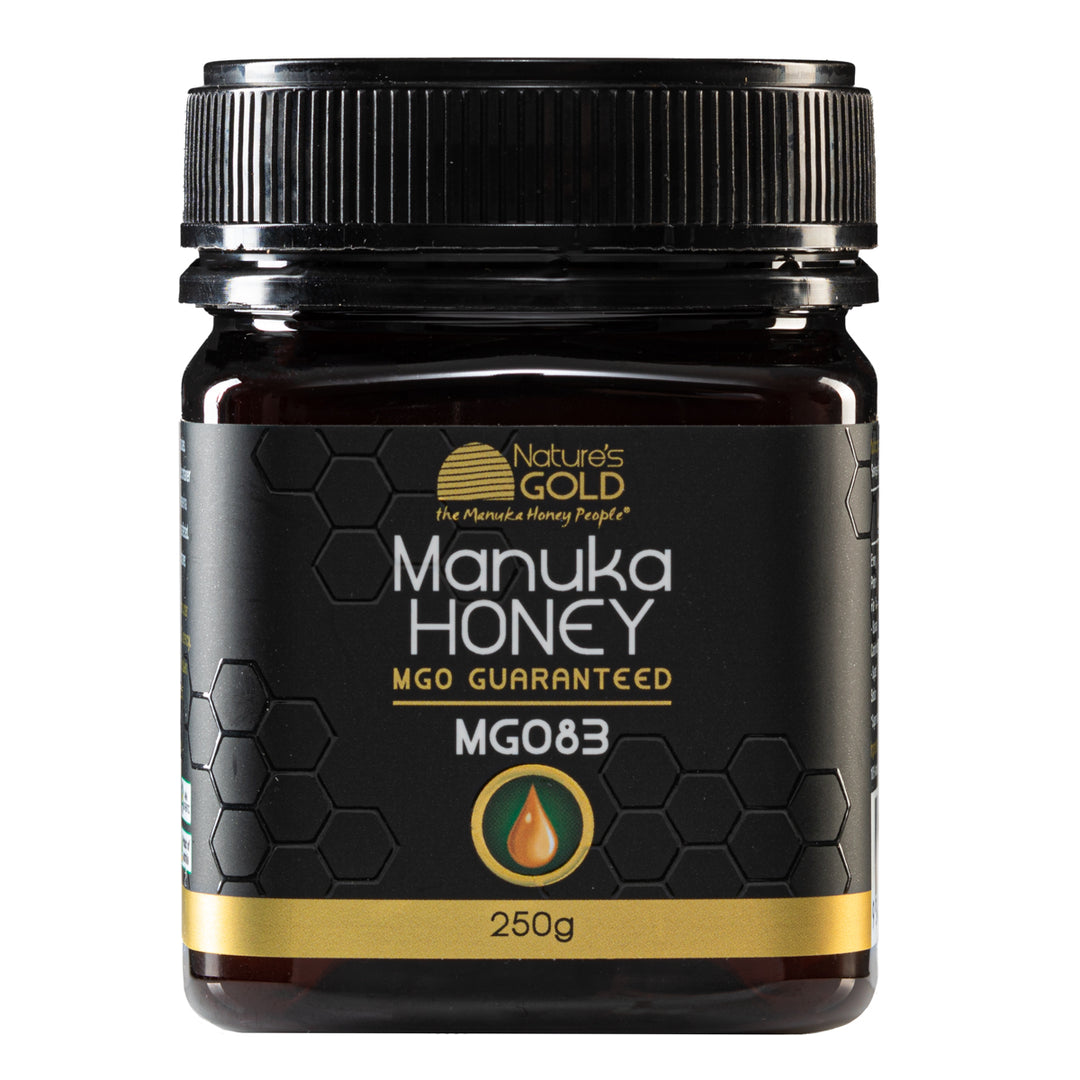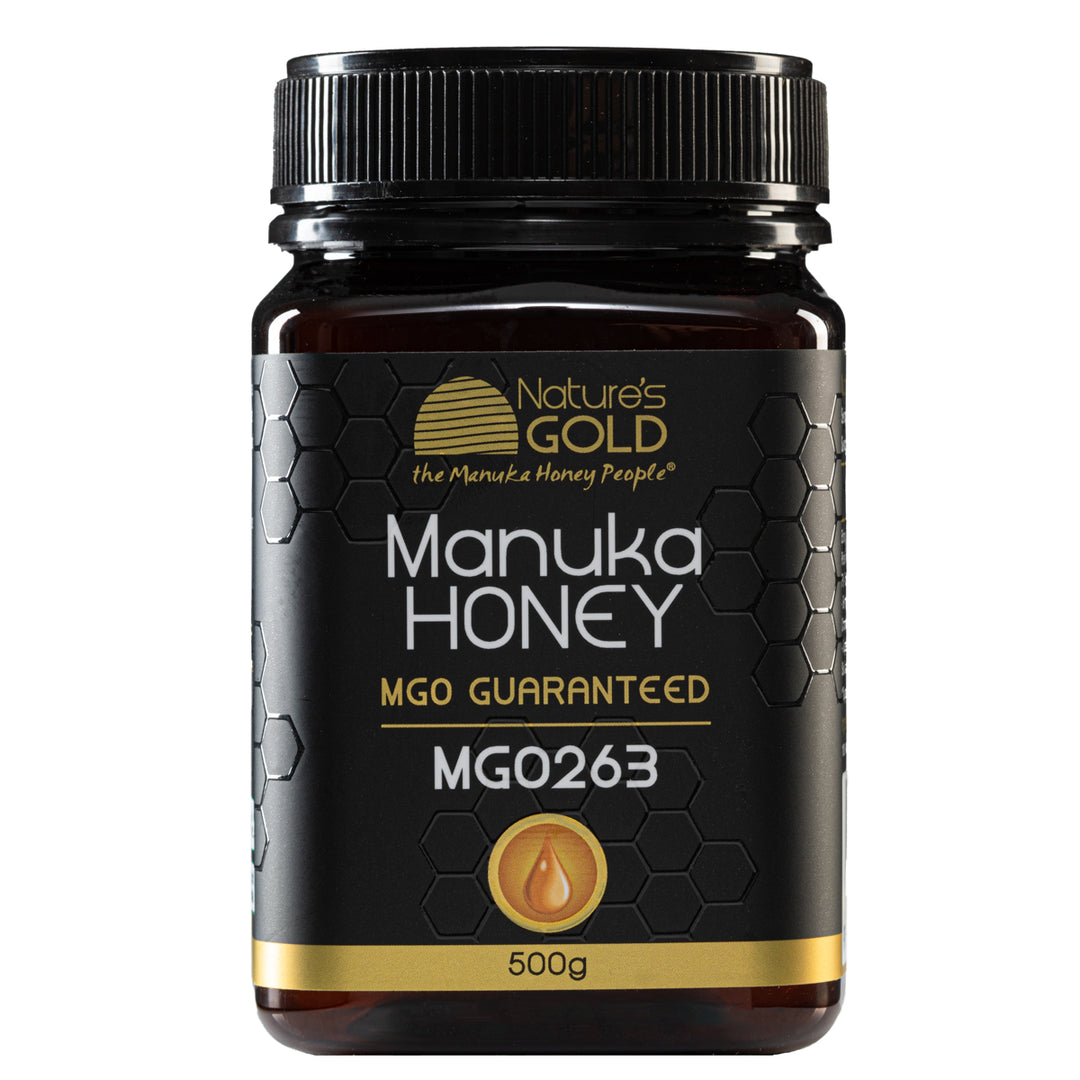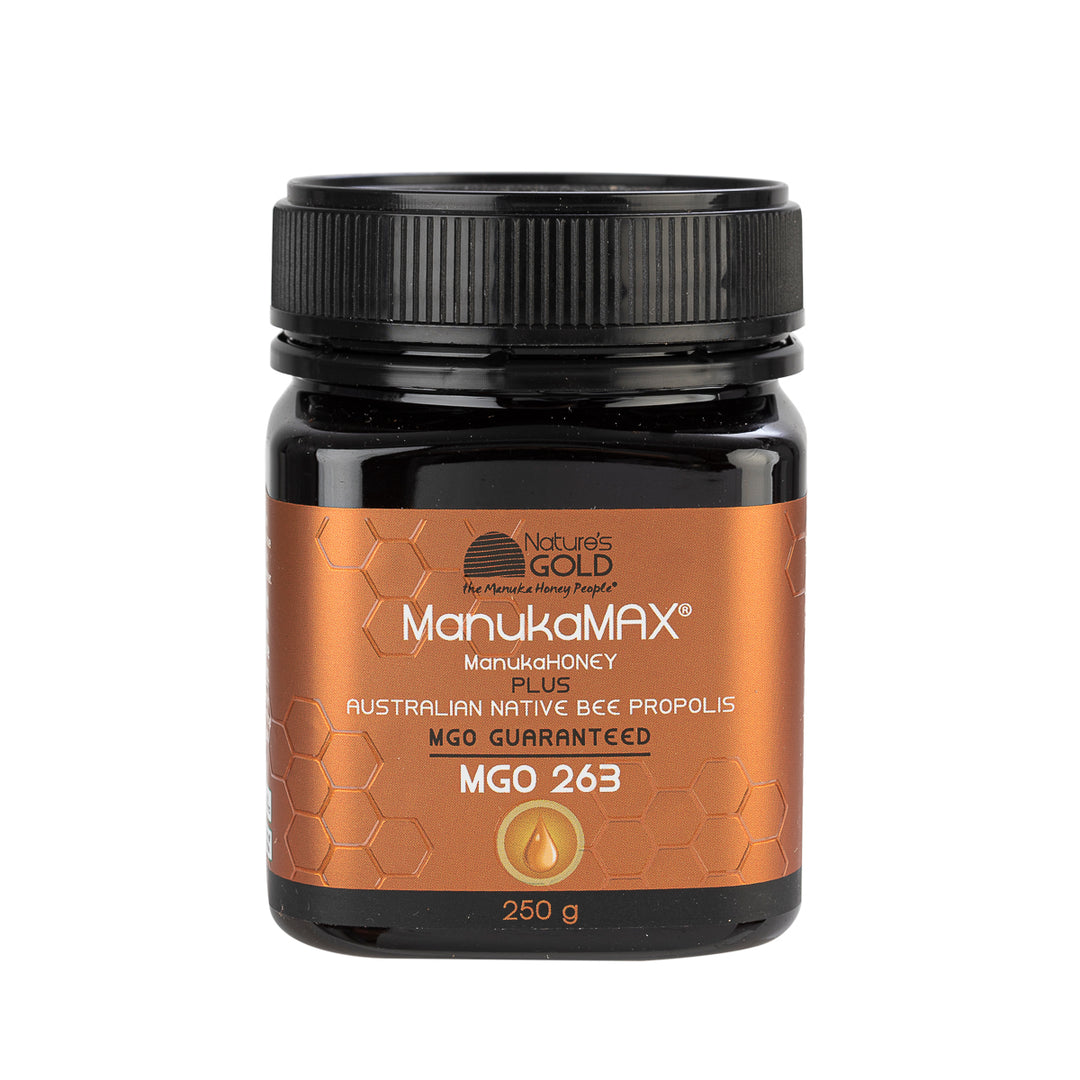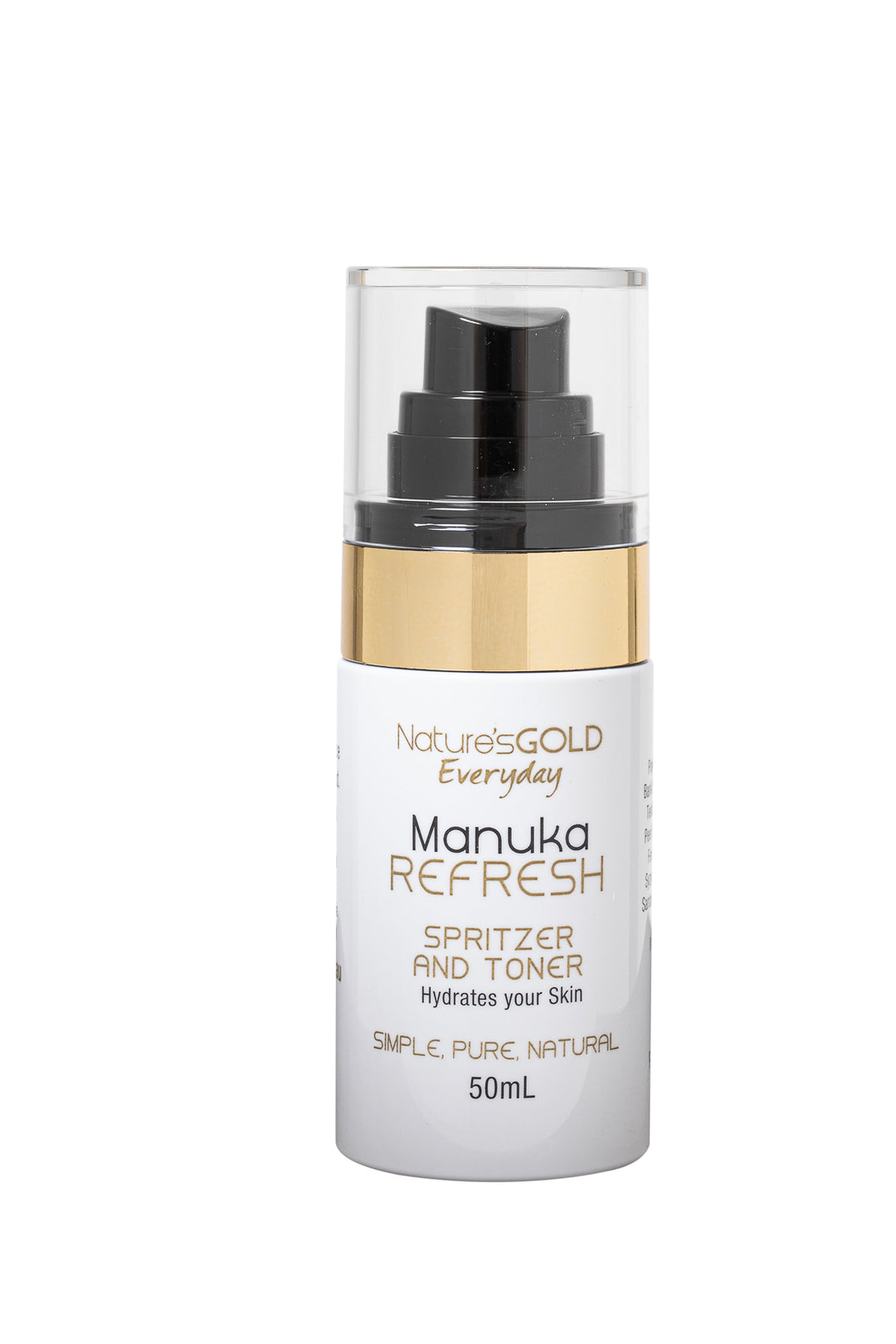You already know about the benefits of Manuka honey for you. But did you know that this beneficial honey is also good for your pets?
Dogs, cats, birds, and horses can safely use Manuka honey and can benefit from the honey’s natural healing properties.
How Does Manuka Honey Help Animals?
Manuka honey is a natural antibacterial, antiviral, anti-inflammatory, and antifungal, providing many benefits to your pets.
Aids wound healing
Manuka honey is known for its wound healing properties, exerting a soothing effect when applied to wounds in animals. Manuka honey creates a protective environment around the wound, providing a moist atmosphere and preventing any bacterial infection.
Its powerful components—Methylglyoxal (MGO) and hydrogen peroxide, make the honey effective against antibiotic-resistant bacteria and can be used for wounds, burns, sores, ulcers, and infections in animals.
A University of Sydney study found that wounds in horses treated with Manuka honey UMF 20 (MGO 829) healed faster than when treated with generic honey, demonstrating the powerful wound healing properties of Manuka.
From a satisfied customer:
"We used the Manuka honey MGO 829 level on one of our horses who had a bad hoof wound after cutting it open. We had to do bandage changes every 2-3 days for 3 months and all we used on the wound was this Manuka honey, we took photos every time to see the progress and even the vet could not believe how well the wound healed. Can't recommend this honey enough, it is a staple in our first aid kit for us and our animals."
Rachel
Improves gut health
Manuka honey is a strong prebiotic. This means that the honey helps improve and strengthen good bacteria (probiotics) in the gut while eliminating bad bacteria such as Escherichia coli, Salmonella typhimurium, and Staphylococcus aureus.
When you improve your pet’s gut health, it also strengthens their immune system, fights viral infections, and improves their oral health. Manuka honey’s anti-viral properties provide added immune protection, reducing the risk of infections.
Manuka honey has been found to be particularly effective for dogs and helpful in treating dog ear infections and kennel cough besides boosting their digestive system.
Keeps skin healthy
Your pets can be susceptible to spots of irritated skin, which is quite common in cats and dogs. This can be caused by allergies or skin infections.
Manuka’s soothing anti-inflammatory properties are useful in reducing irritation, itchiness, and inflammation while stimulating the skin to heal naturally.
Manuka honey also can support the body’s natural ability to restore skin cells and keep your pet’s skin healthy.
Keeps disease at bay
Manuka honey contains a high amount of phenolic compounds making it a strong antioxidant, helping fight free radicals that can cause DNA damage leading to disease.
Antioxidants in Manuka can thus provide a protective effect to your pets, slowing the ageing process, improving immune health, and combating damage caused by environmental factors such as pollution and pesticides.
How To Use Manuka Honey For Pets?
Manuka honey can be directly applied as a spot treatment on wound sites or on dressings. It can also be given orally—straight up, diluted with water, or mixed with their treats.
However, some animals should not be given any honey, such as dogs that are diabetic or ones that are allergic to bees. It is always advisable and recommended to check with your pet’s veterinarian before using honey on them.
If you're looking for high-quality Manuka honey or Manuka honey ointments for yourself or your pet, be sure to visit our store.











Hi Suny
It is safe for your cat to have Manuka honey. It’s antibacterial and anti-inflammatory properties may be helpful for stomatitis.
We do always recommend that you check with your vet first, but it can be applied straight into the mouth.
Hello, can I use Manuka Honey for my cat stomatitis? should I apply it directly in the mouth?
Hi Wendy. It is not safe to feed your parrot Manuka or any other honey as it contains botulism spores, which can make birds sick.
Moja papuga jest chora. Jak przygotować roztwór do podania doustnego?
Hello Marie Yes it is safe to put on your cat’s wound. It is high in antibacterial properties and should assist with the wound healing nicely.
Leave a comment